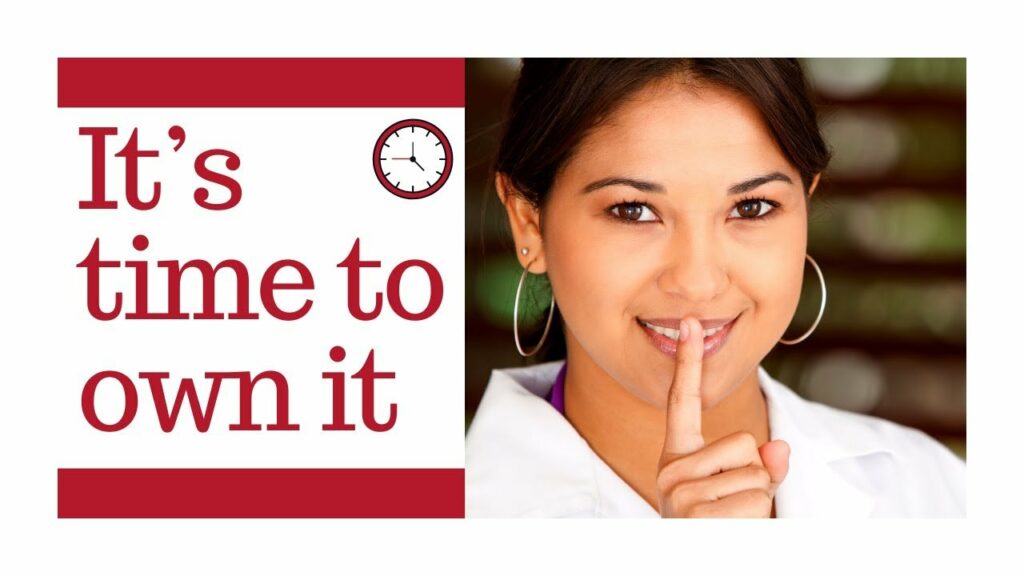Leavers post-covid at record highs
But in particular, why are so many women ‘opting out’ when employers are simultaneously seeking so many new hires? Indeed many employers claim fighting workplace discrimination is a big part of their appeal. It’s easy to blame workers for opting out, without addressing how easy or welcoming it was to ‘opt in’.
However, that appeal doesn’t match what most people experience now or certainly in the few years before covid. Lower pay on average for women and lack of affordable childcare both play a part, and neither have improved in the post-Covid years. Plus, in the time of rising costs, both have actually stagnated or become worse.
Indeed, for my clients, workers had several years of a long-hours, a ‘never-off’ culture that still hasn’t since slowed down. This isn’t just a type of workplace discrimination that disproportionately affects women, and women from black and minority ethnic backgrounds; it’s not sustainable for any employee.
Workplace discrimination is the deeper story
But digging deeper it appears women from these backgrounds were already planning to leave before Covid.
According to McKinsey research, in the year before covid over a third of white women and nearly half of women from black and minority ethnic backgrounds were planning to leave their organisations within the year.
These are much higher rates than their male colleagues. The subsequent stresses employees felt during covid meant many have simply left for hopefully ‘greener pastures’ – ideally with less workplace discrimination.
These departures, sometimes going to competitors, self-employment, or just leaving the workforce altogether, are the gaping holes many employers are now trying to fill.
If unsure you’re in the right place, ask yourself:
- 1. How has the culture changed since I got back to the office?
- 2. Have the changes been positive or negative for me personally?
- 3. Am I more or less appreciated than I was before – and have I seen my loyalty translate into job gains?
Making the most of the recent global workplace changes since the pandemic is something I recently spoke about at the invitation of the Ministry of Defence, via my ‘Earners, Learners and Returners’ talk.
In these presentations, I aim to bring in the audience via the chat-box as well as engaging with live panellists.
We discussed how they’ve handled workplace discrimination – a disease for which there is no vaccine yet.
Becoming ‘innoculated’ against workplace discrimination means in this post-covid workplace, you need to be asking yourself those three questions.



































